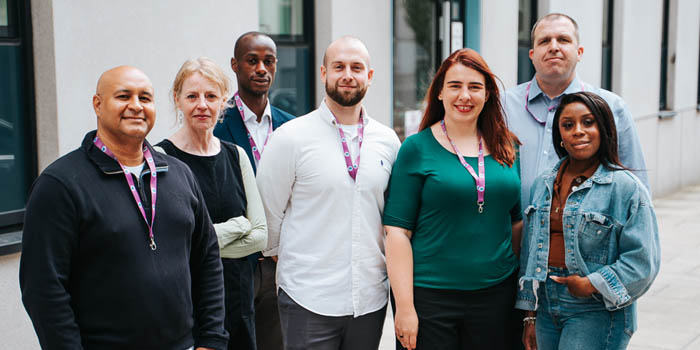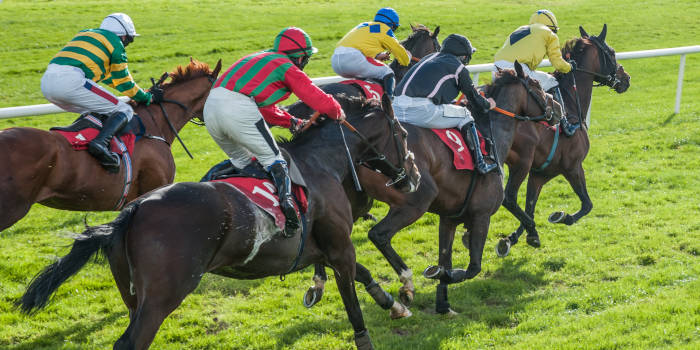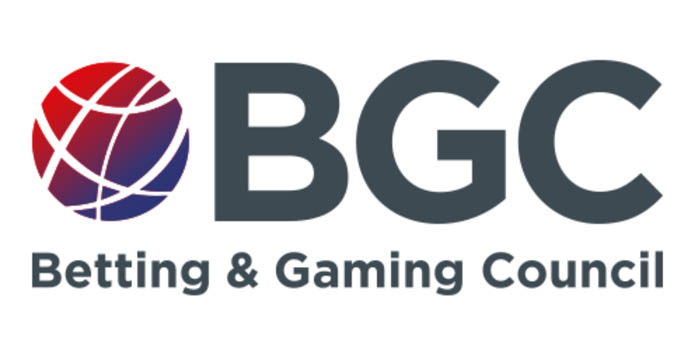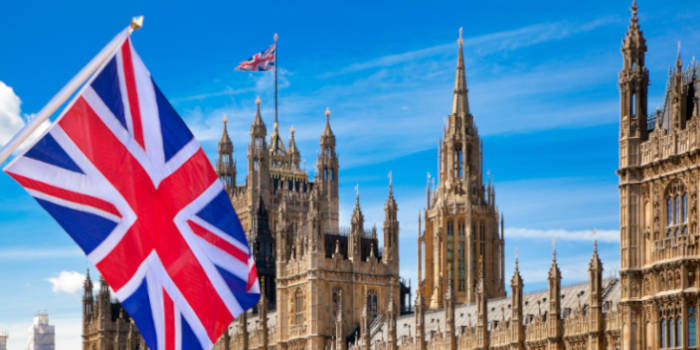92% of National Gambling Treatment Service Clients Show Improved Condition

Today, GambleAware has published the yearly statistics for the 2020-2021 period issued by the National Gambling Treatment Service (NGTS) in the UK. The data from the statistics report revealed a number of important conclusions with regards to the success rate of the treament of problem gamblers.
Good Index Scores for 92% of Problem Gamblers Who Joined the Program
The report showed that 92% of all problem gamblers who participated in the program saw an improvement in their behavior towards gambling. Those individuals ranked lower on the Problem Gambling Severity Index, a standardized way of measuring risk behavior in problem gambling.
Secondly, by the end of the treatment, 70% of all clients were no longer considered problem gamblers. There has also been a reassuring 15% increase in the number of people who completed their entire treatment, reaching 74% from only 59% in 2016. The number of people dropping out of the program was 15% lower.
How the Pandemic Affected Problem Gamblers’ Treatment
As expected, the COVID-19 pandemic brought in fewer people (by 518) in treatment centers across the UK in 2020/21 compared to 2019/20. Nonetheless, the percentage of people looking for support via the NGTS part of online gambling went up to 79%, which is 22% higher compared to the 2015/16 period.
While GambleAware will be using the good numbers recorded in 2020/21 as encouragement and inspiration for its future efforts, the charity has also expressed concern regarding the small percentage of problem gamblers currently benefiting from gambling harms treatment via the NGTS.
Raising awareness among risk groups has been a key priority for the organization as it has continued to drive results alongside others, including GAMSTOP which registered 250,000 registered users.
NGTS Support Aimed at 1.4 Million Gambling Addicts in the UK
The NGTS is an important network comprised of a number of National Health Service centers used for treatment, along with GamCare and Gordon Moody. All parties work together to offer the necessary support and treatment to any person dealing with more or less severe gambling problems. The support is given in a confidential manner so clients can feel more at ease with joining the program.
According to a report issued by the National Gambling Treatment Service in 2020, only 9,008 of all problem gamblers in the country had this kind of received support by the end of March 2020. This means a very small percentage of gambling addicts (3%) actually manage to get the help they need. According to the new 2020/21 statistics, 8,490 people had received treatment during the aforementioned period. With roughly 1.4 million problem gamblers in the UK as per a YouGov survey in 2020, the NGTS’s efforts must be increased in order to cater to the needs of the huge numbers.
According to a statista.com survey on 4,001 people released in April 2021, the largest group of problem gamblers in Great Britain was represented by individuals between ages 35 and 44. GambleAware has launched a 5-year strategy aimed at simplifying access to and raising awareness of the services provided by the NGTS to all problematic groups so that more people can benefit from the treatment they need.
Joined Efforts Are Needed
GamblingAware has also designated FutureGov, a change agency that aims to build 21st-century public sector organizations to work on creating more efficient Service Delivery and Outcomes Framework models. These models would help provide easier access to the services provided by the NGTS to anyone in need.
Healthcare professionals, as well as other members of the support communities, need to work together with a number of different statutory sectors to track and refer more problem gamblers to the Service. They should also observe the similar results and statistics of other gambling treatments across the UK to get a better understanding of the problem gambling treatment status in the UK.
Meanwhile, GambleAware has invested $355,000 to tackle problem gambling in women as it continues to deliver on ready solutions for the broader public who may be at risk of developing an addictive behavior.
After finishing her master's in publishing and writing, Melanie began her career as an online editor for a large gaming blog and has now transitioned over towards the iGaming industry. She helps to ensure that our news pieces are written to the highest standard possible under the guidance of senior management.













